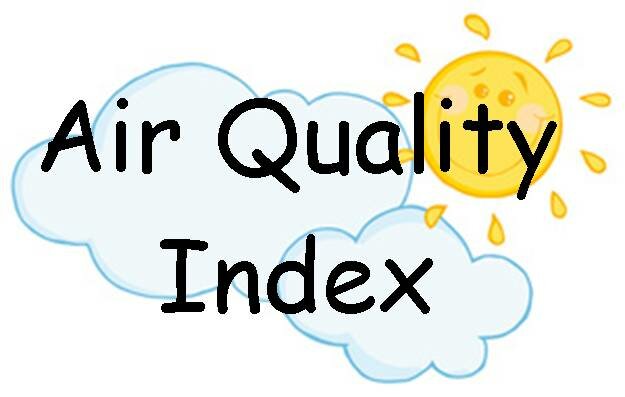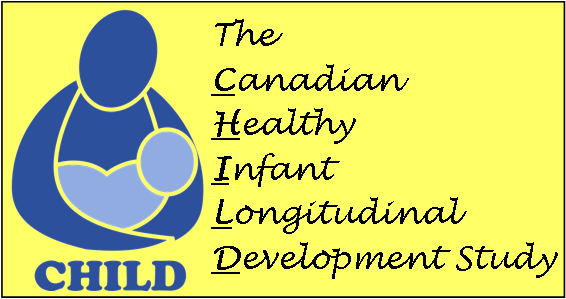- Home
-
Allergy & Asthma Information
- Asthma: The Basics
- Living With Asthma
- Asthma Tools
- Asthma Triggers
- Asthma & Eczema
- Asthma & Allergy
- Hay Fever
- How to use a:
- About Us
- Order Info
Hay Fever
What is Hay Fever?
- Hay fever is swelling of the lining inside of the nose.
- Hay fever is also called allergic rhinitis.
- The swelling is caused by breathing in something to which you are allergic (an allergen).
Some common allergens include:
- Pollen from trees, grasses and weeds
- Mold
- Animals
- House dust mites
- Other triggers such as air pollution, dry air, strong odors and smoke can also make hay fever worse.
What Are The Signs of Hay Fever?
- A stuffy or runny nose and cough lasting longer than two weeks
- Sneezing more often than normal
- Itchy eyes, nose and throat
- Watery, red, puffy eyes
- Snoring
- Mouth breathing
When Does Hay Fever Occur?
- Some people have symptoms of hay fever year round.
- Other people have hay fever that only occurs in certain seasons or after exposure to triggers such as pets.
How Do You Treat Hay Fever?
- An important part of treating hay fever is to first identify your allergies.
- Remove, avoid or reduce exposure to your allergy triggers and irritants, like tobacco smoke.
- Keep doors and windows shut during pollen season and limit outdoor activity during this time.
- Antihistamines and nasal steroid sprays are the most commonly used medicines to treat hay fever.
- Talk to your doctor about the right medicine for you.
- Decongestant nasal sprays will help, but should be used for no more than 3-5 days. Longer use can increase nasal symptoms.
- Allergy shots are sometimes used for people with severe hay fever and seasonal problems to grass, tree or weed pollen.
- Allergy shots are given to make a person less sensitive to their allergens.
- Speak to your doctor to learn more about hay fever.
How Does Hay Fever Affect Asthma?
- The nose, windpipe and airways in the lungs make up the respiratory system.
- Hay fever affects the nose and asthma affects the lungs.
- The nose acts as a filter to the airways. The nose also warms up and adds moisture to the air before it enters the lungs.
- Anything that affects the nose can also affect the airways in the lungs.
- Many people who have hay fever also have asthma.
- Hay fever that is not treated can make asthma worse.
Asthma Allie Says:
"Treating hay fever can improve your asthma control!"

The Children's Allergy & Asthma Education Centre © 2013
![]()

The Children's Allergy & Asthma Education Centre
Phone: (204) 787-2551
Toll Free: 1-888-554-1141
Fax (204) 787-5040

